Expo Real 2017: The French Connection
In the wake of Brexit, Paris is betting big on the future of its real estate. First stops: a $41 billion infrastructure project and the 2024 Olympic Games.
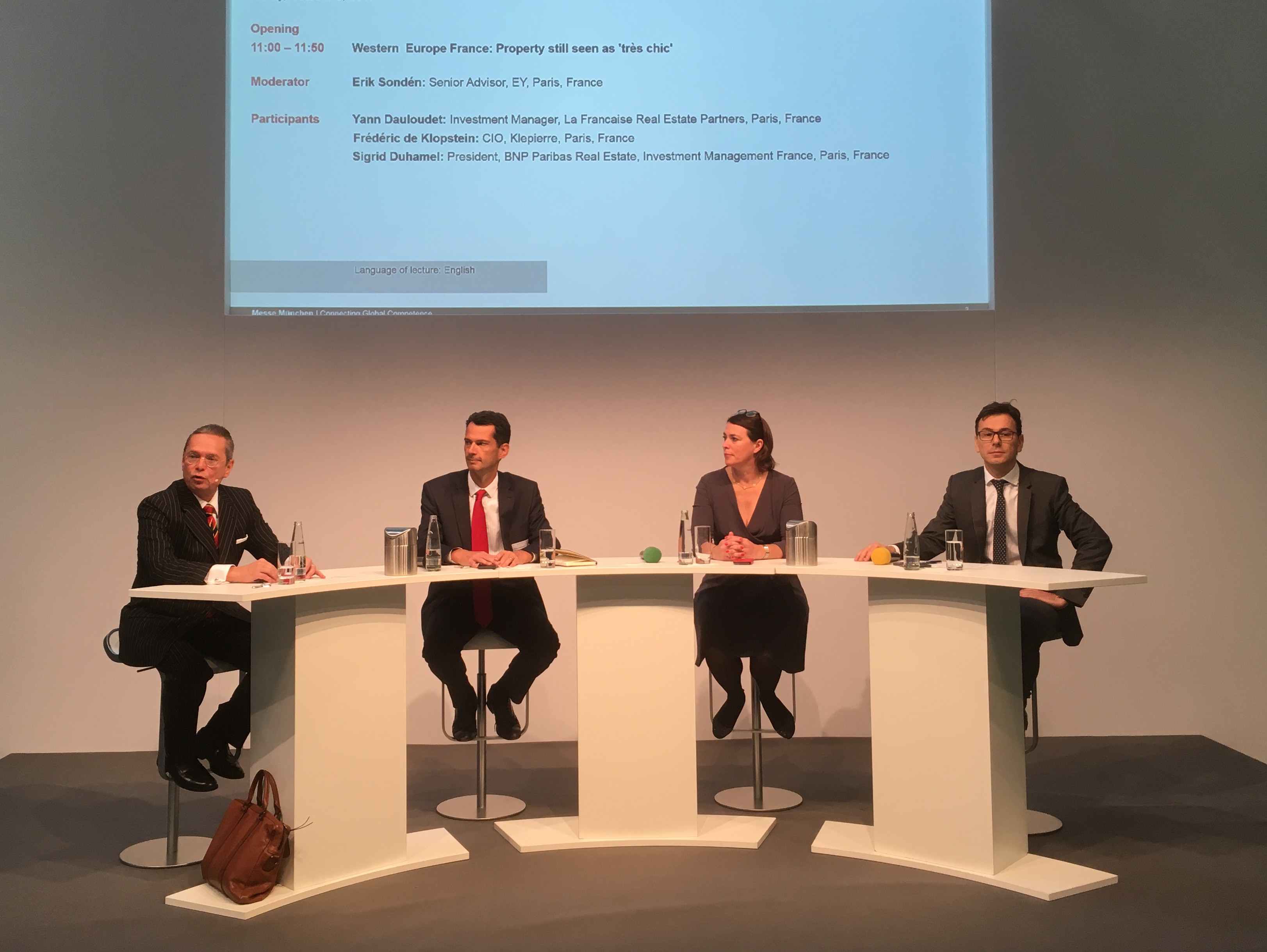
Left to right: Erik Sonden, Ernest & Young; Frederic de Klopstein, Klepierre; Sigrid Duhamel, BNP Paribas Real Estate; Yann Dauloudet, La Francaise Real Estate
After Brexit, a growing number of businesses and investors have felt the urge to pivot towards other European countries for safe haven. As U.K.’s departure from the E.U. is creating opportunities across continental Europe, established players in Germany, Scandinavia and other regions are looking to reap the benefits of this rather destabilizing breakup. This year’s focus on France at Expo Real’s Investment Locations forum revolved around this point at times, both explicitly and as a silent anchor.
The French investment panel, which took place during the last day of Europe’s largest real estate and investment trade fair, brought together Sigrid Duhamel, BNP Paribas Real Estate president of investment management for France; Yann Dauloudet, investment manager with La Francaise Real Estate Partners; and Frederic de Klopstein, CIO of Klepierre. Erik Sondén, senior advisor with Ernst & Young, moderated the discussion.
Paris’ bright future
Some €31 billion ($36 billion) in commercial real estate traded in France last year, three quarters of which involved transactions in the Île-de-France region, according to a BNP Paribas report. Both figures are roughly on par with what happened in 2015, making Paris real estate once again a central topic of discussion.
Sondén kicked off the conversation by pointing out the recent sense of optimism regarding Paris, the core of France’s real estate market. The city will host the 2024 Olympic Games, a decision which was sealed this summer. At the same time, the mammoth Grand Paris project is moving forward with a tranche of roughly $41 billion in fund allocations, a move that should provide a boost to non-core areas and generate opportunities across asset classes. In addition, the project is expected to further strengthen suburban connectivity.
Another positive turn for French investment, Sondén said, was the recent election of business-friendly Emmanuel Macron as president. “A year ago, we had a panel here on Paris … We were very optimistic about the state of the market, but we were rather pessimistic about the political situation, there was a lot of uncertainty at the time. Today we have a different situation,” he concluded.
The panelists agreed with Sondén, expressing confidence in the new administration’s ability to deliver reforms. “This is the one thing that France needs, this is what we’ve heard for years, it was not working,” Duhamel said.
The shadow of Brexit
Although U.K.’s decision to leave the E.U. was far from good news, Duhamel said, “Things won’t change overnight and it’s an opportunity for Europe to get together and develop strong cohesion and put in some momentum.” She also added that banks looking to move some operations away from London could generate demand for central Paris office space, creating even more competition in an already tight market: “We already start seeing it with large banks moving, some to Dublin, some to Amsterdam or Frankfurt. In Paris it was HSBC.”
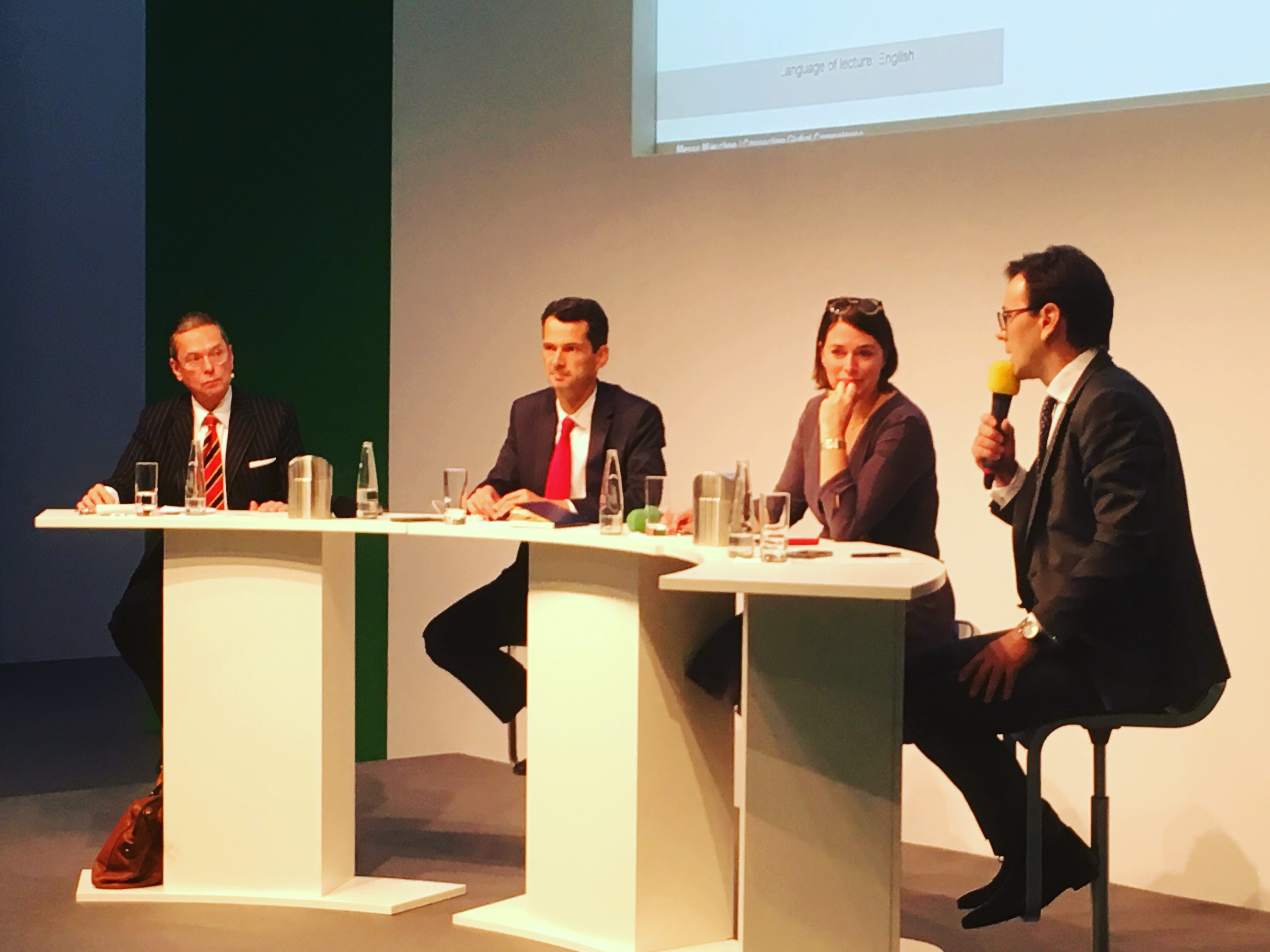
Left to right: Erik Sonden, Ernest & Young; Frederic de Klopstein, Klepierre; Sigrid Duhamel, BNP Paribas Real Estate; Yann Dauloudet, La Francaise Real Estate
Dauloudet agreed that Brexit represents a short-term boost for the continent’s strong markets, but also emphasized that once this tendency stabilizes, the overall effect will not be a positive one for Europe. “I’m pretty sure that (Emmanuel) Macron and (Angela) Merkel would be clever enough to accept a soft Brexit and try to forget this bad shift for Europe,” he added.
While the Brexit effect has made players in the financial sector rethink their choice of locations and possibly put an end to London’s monopoly in the field, Klopstein said, there will be no massive benefits for France as banks are now spreading all over the continent and diversifying their operations.
What lies ahead
As the panel was drawing to a close, Sondén asked a question which returned three different answers: “What are the major threats to the Paris real estate market in the coming years?”
“Terrorism is one,” Duhamel said, pointing out that it is a global issue. She added that the 2015 attacks in Paris kept many tourists out of the city for 12 months, but that the numbers are now back up.
Positive fundamentals and the Grand Paris project should not keep investors from being prudent, Dauloudet said: “People should be cautious when they develop and keep on choosing their locations carefully in order to avoid oversupply.” The main problem is that real estate is moving too slow, Klopstein said. “I think it’s a challenge for all of us to have the appropriate, new real estate products for occupiers in an ever-changing world … We are too slow. Essentially, real estate is still a slow economy.”

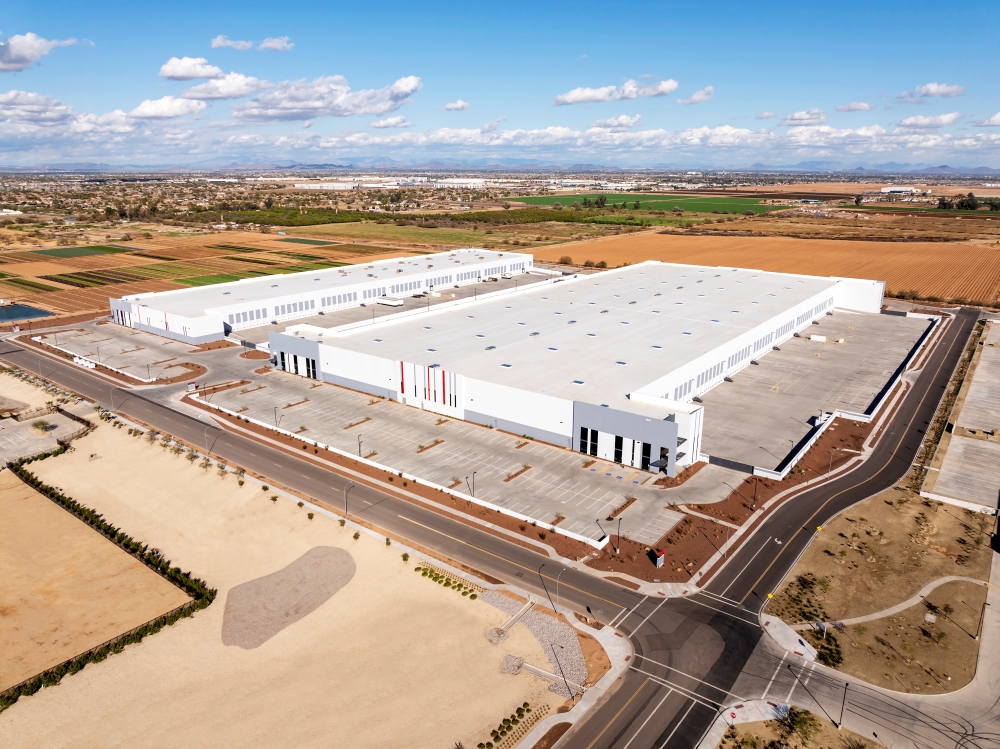
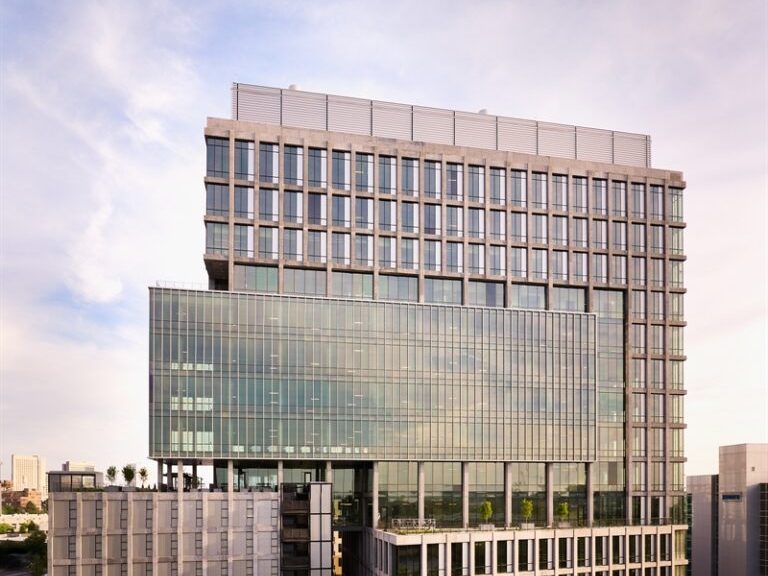
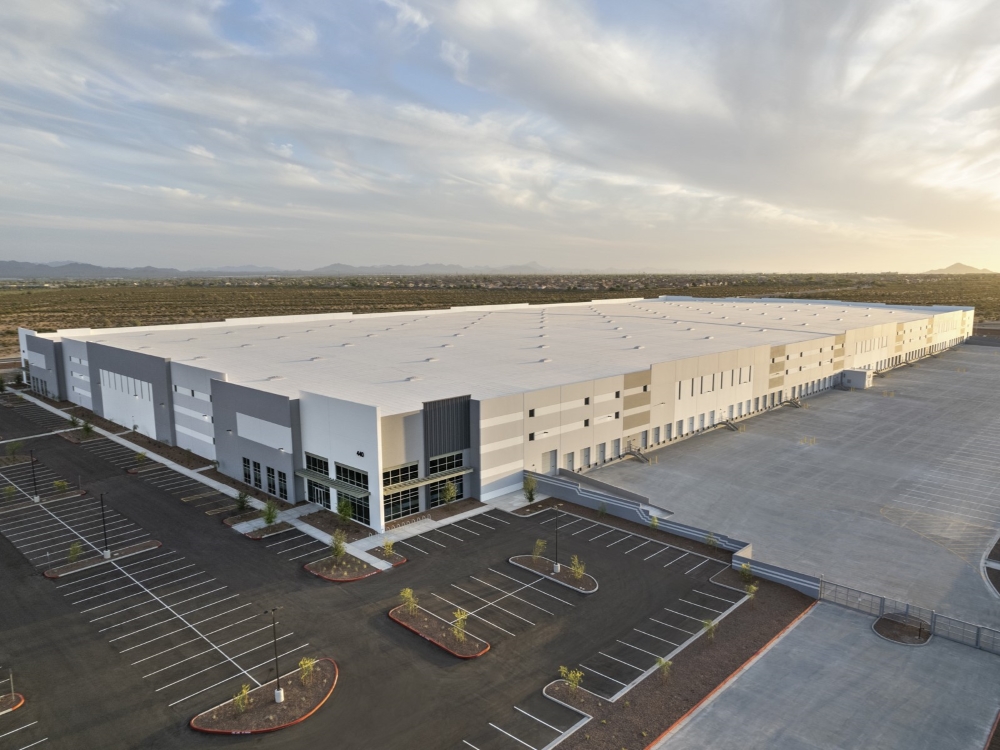
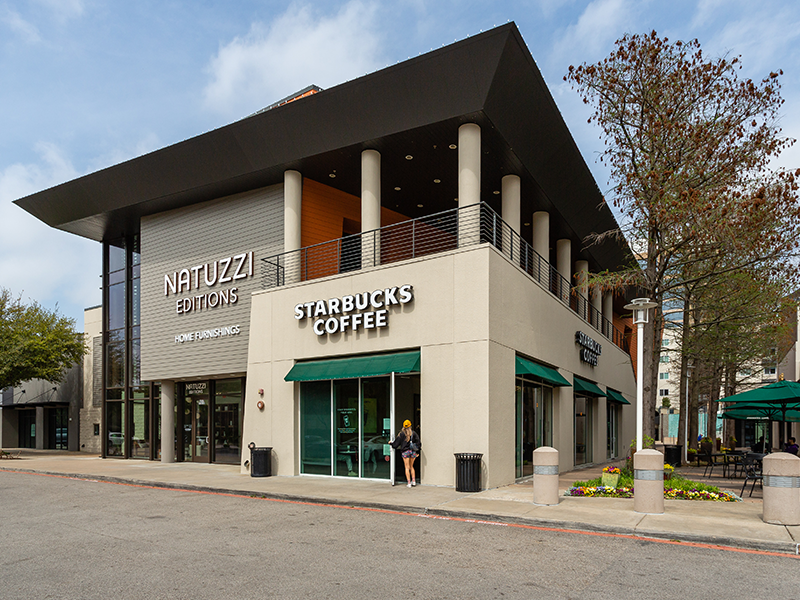
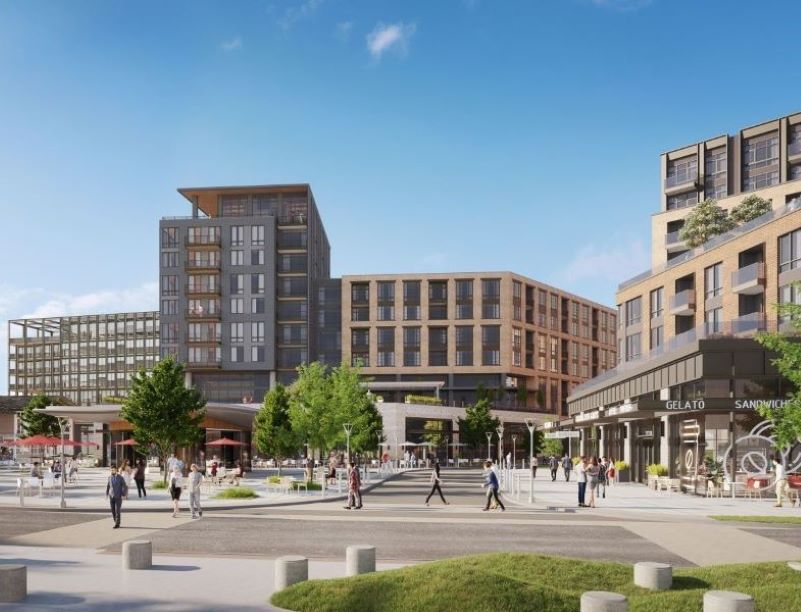

You must be logged in to post a comment.